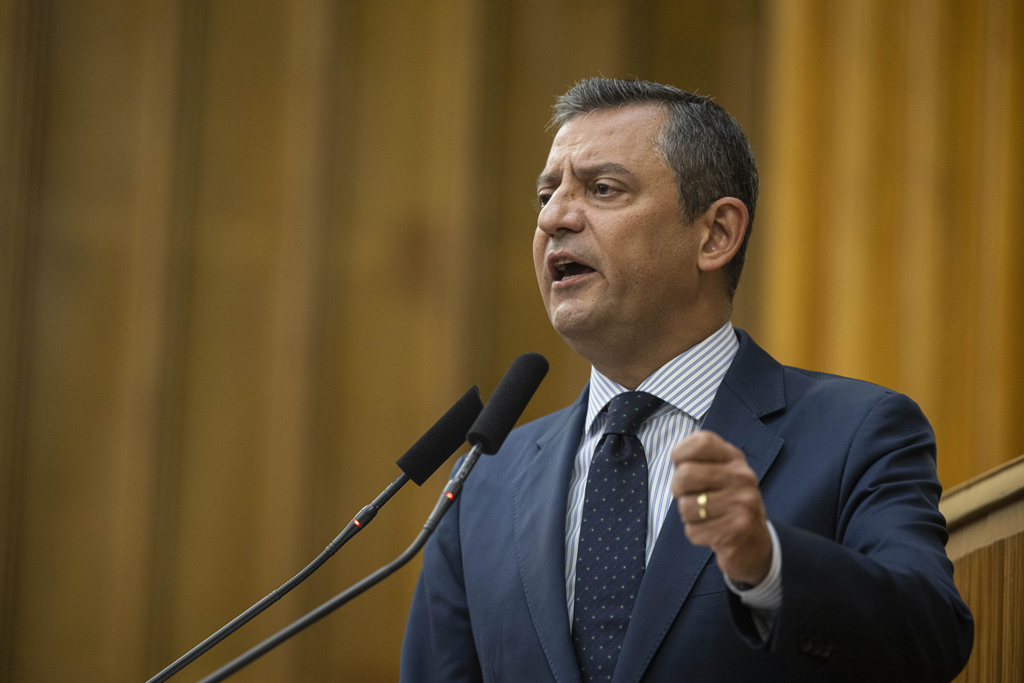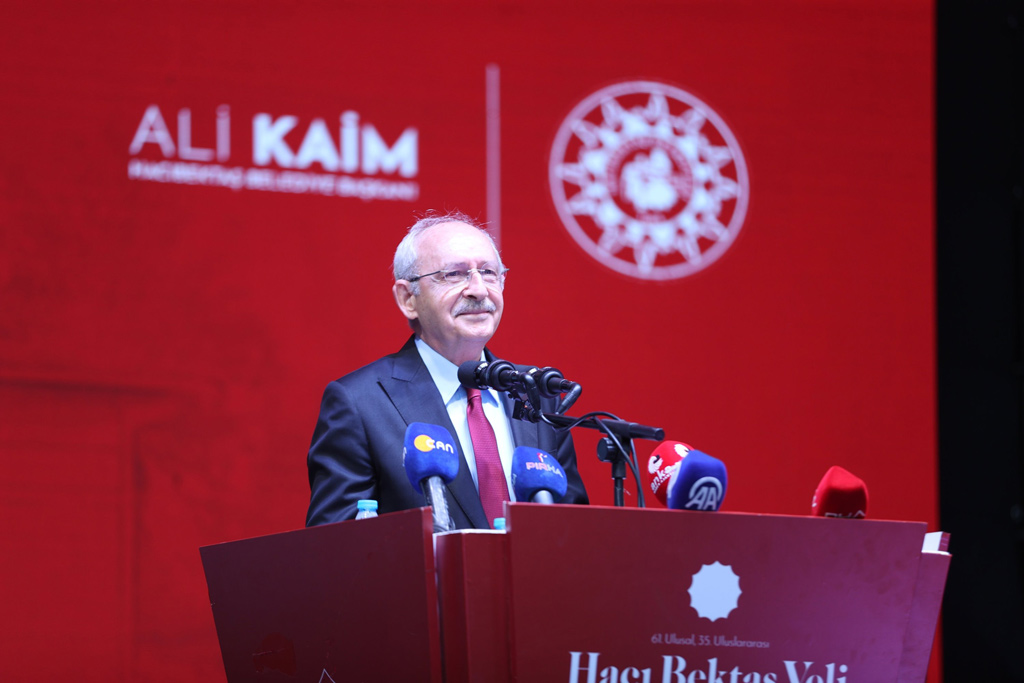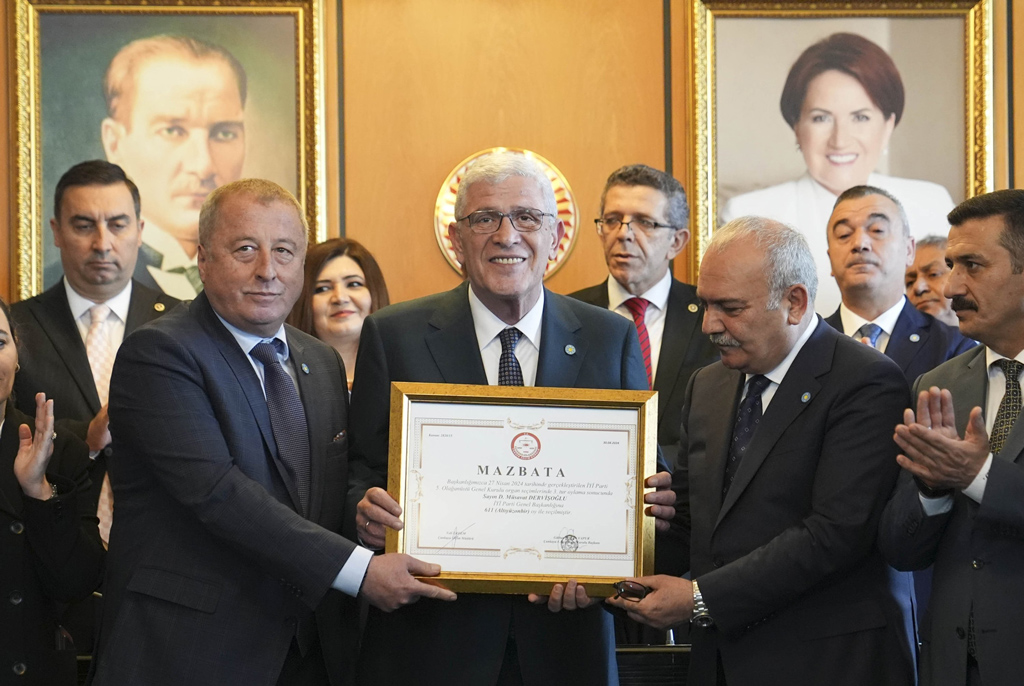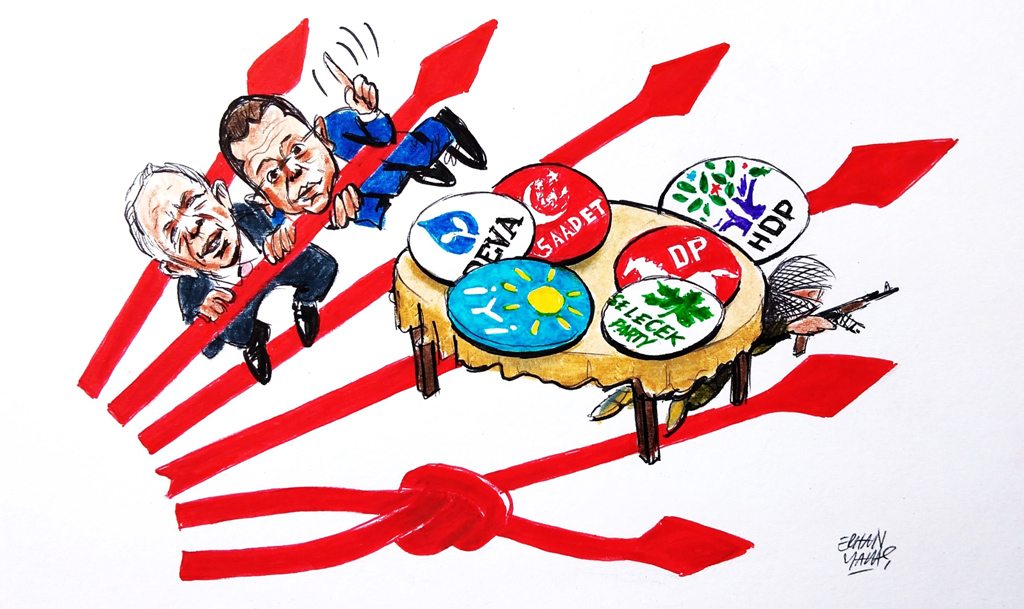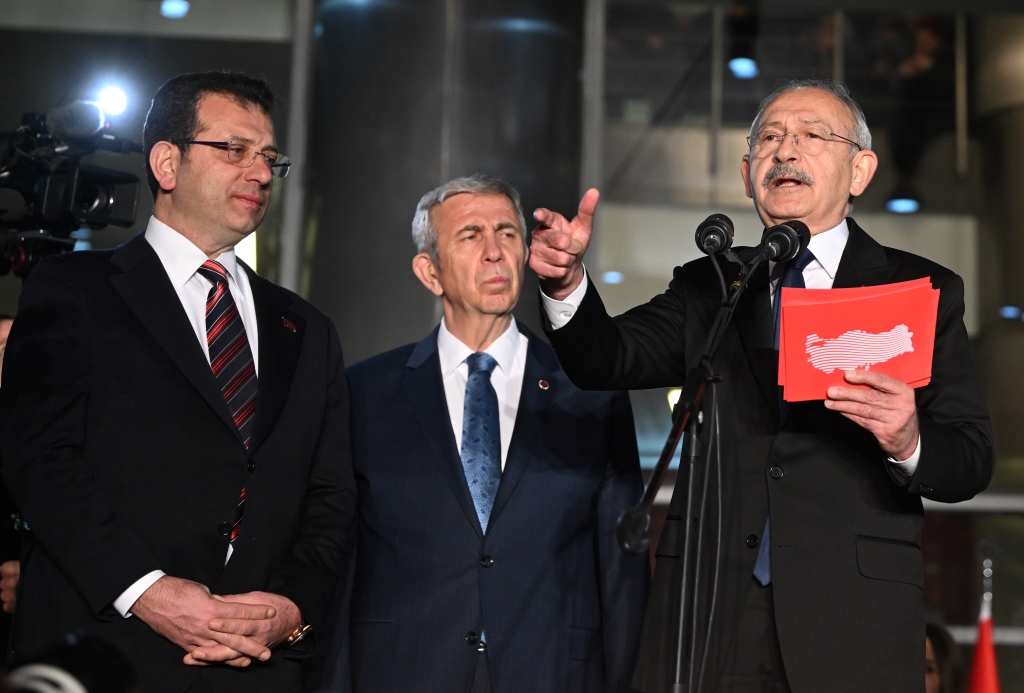
Who can form the opposition alliance in Türkiye?
The Good Party (IP) took another step toward contesting next year’s municipal elections without joining any alliance as Kürşad Zorlu, the movement’s spokesperson, announced their decision to field mayoral candidates in all 81 provinces. As such, IP Chairperson Meral Akşener shut the door on a potential alliance with the main opposition Republican People’s Party (CHP) – at least for now.
Share
The Good Party (IP) took another step toward contesting next year’s municipal elections without joining any alliance as Kürşad Zorlu, the movement’s spokesperson, announced their decision to field mayoral candidates in all 81 provinces. As such, IP Chairperson Meral Akşener shut the door on a potential alliance with the main opposition Republican People’s Party (CHP) – at least for now.
Whether that door will reopen or get locked altogether will not become clear for another couple of months. Those folks, who claim that the IP will start negotiating terms with the CHP shortly, resort to exaggeration and condescension. Yet the memory of Akşener leaving and returning to the "table for six" in March 2023 remains perfectly fresh – which is why hardly anyone is ready to rule out a new round of talks altogether.
Nonetheless, forming an alliance (or cooperating) becomes harder for the opposition as the time runs out. Furthermore, the CHP and the IP (and various parties within CHP) are likely to disagree over who shall form that potential alliance.
With whom would Akşener be willing to cooperate? Istanbul Mayor Ekrem Imamoğlu, who calls for an alliance in Istanbul, or Ankara Mayor Mansur Yavaş, who talks about a mayor with no affiliation? Could she collaborate with Kemal Kılıçdaroğlu, who insists that he can create the "table of 16"? And who could prevent the Green Left Party (YSP), formerly known as the Peoples’ Democratic Party (HDP), from fielding its own mayoral candidates?
The IP wants to contest next year’s municipal elections alone to create a new alternative for the 2028 general elections and the 2029 municipal elections. In other words, it seeks to break the cycle of costing another party the election or helping them win it. The only way for the IP to reach that goal is to claim that it could govern Türkiye, Ankara and Istanbul better than others.
The IP cannot distinguish itself from the CHP by endorsing CHP-affiliated candidates like Imamoğlu and Yavaş. That is because joining forces with the main opposition party deprives the IP and others of their ambition to lead.
Couldn’t the IP wait until after the 2024 municipal elections to try and create a third way? The answer is affirmative, but it needs to pass the “election test” to become the CHP’s alternative by liberating itself from the burden of the 2019 and 2023 alliances.
Moreover, it is important to note that the pre-May 2023 political atmosphere has largely dissipated ahead of next year’s municipal elections. President Recep Tayyip Erdoğan’s “invincibility” and the opposition’s “fragmentation and cheap bargains” have alienated opposition voters. If Akşener, whose ability to create a right-wing political and ideological alternative remains unclear, decides to join an alliance at the 11th hour, she won’t be able to adopt the “third-way” discourse anew – and even her own supporters won’t pay attention if she tries.
Tags »
Related Articles

